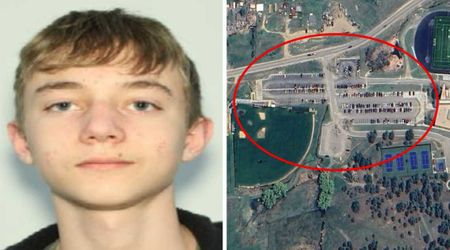Kerr County predicted severe flooding nine months before disaster but took no preventive action: Report

CENTRAL POINT, TEXAS: Kerr County officials warned of a deadly flood months before flash floods swept through Texas on July 4, killing at least 104 people. In an October 2024 report, they predicted a major flood in 2025, identified high-risk areas, and urged immediate improvements to warning systems.
However, they deferred or abandoned most of the recommended safety measures. When the floodwaters surged, claiming 27 lives at Camp Mystic alone, many residents reported receiving little or no warning. The failure to act has raised serious questions about local and state accountability.
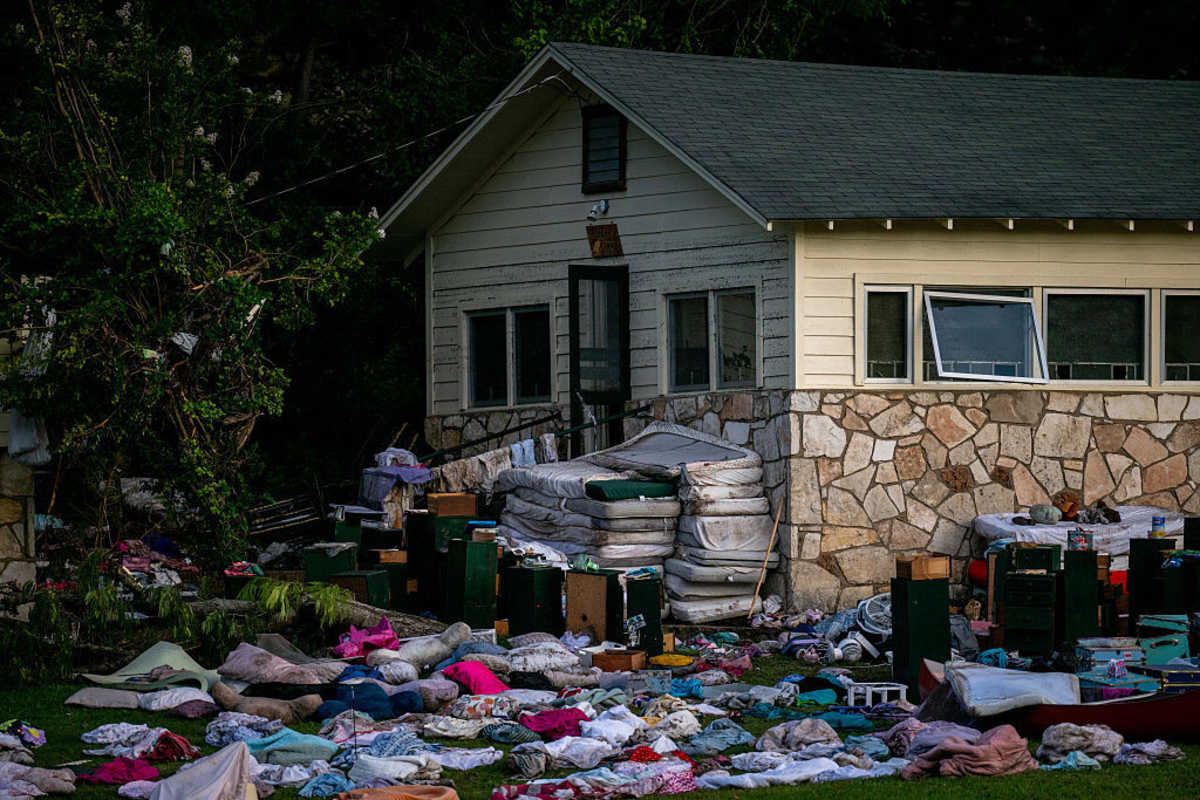
Kerr County officials predicted deadly Texas flood months before disaster
A damning revelation by Daily Mail has exposed that Kerr County officials had foreseen the deadly flooding that devastated the region, months before it occurred, yet failed to implement key safety measures.
In a report published in October 2024, the 'Kerr County Hazard Mitigation Action Plan' explicitly warned that a major flood was “likely” to strike in 2025 and “probable” by 2027.

The 220-page document, developed by seven local officials, not only highlighted the growing threat but also pinpointed the specific areas most at risk.
“The local planning team determined it is likely that Kerr County and the participating jurisdictions will experience a flood event in the next year, meaning an event is probable in the next three years,” the report stated.
While officials did not specifically predict the catastrophic 23-foot surge that devastated Kerr County, the October 2024 report clearly warned that future floods could exceed historical records.
The risk assessment stated, “Future worst-case flood events in Kerr County and the participating jurisdictions may meet or exceed previous worst-case 10' flood depths.”
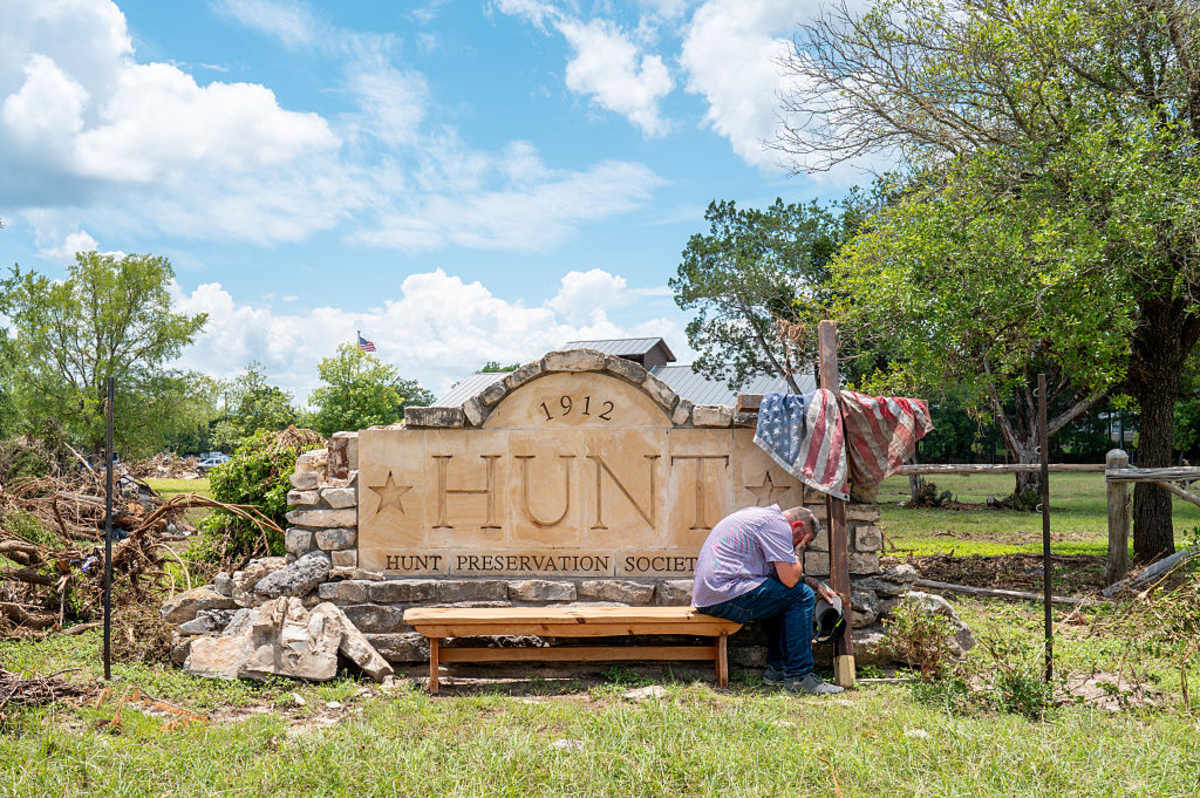
The report also addressed the growing impact of climate change, warning that it would likely make flooding more severe and less predictable.
“Climate change may cause river floods to become larger or more frequent than they used to be in some places,” the report cautioned.
It went on to explain that rising global temperatures lead to increased evaporation, which contributes to heavier rainfall and, in turn, more intense river flooding.
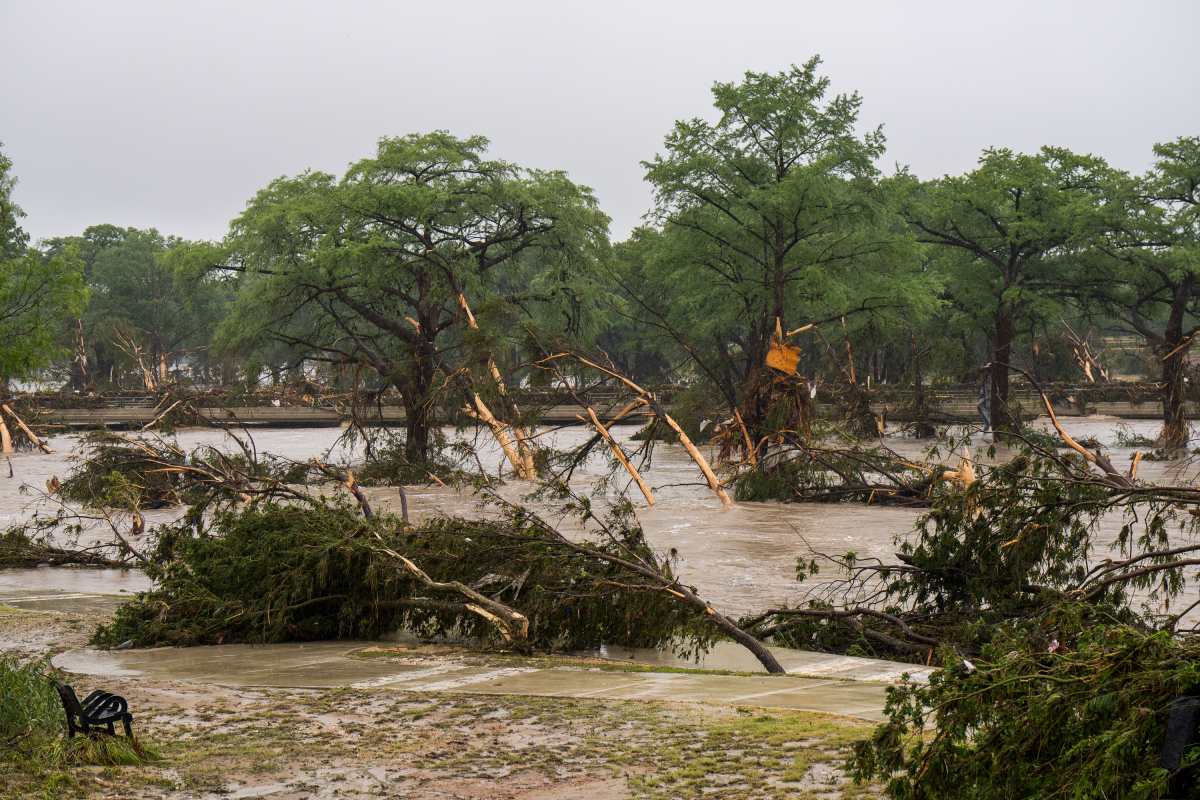
Report outlines detailed plan for managing disasters like the Fourth of July Texas floods
Beginning on page 170, the Kerr County report laid out a detailed plan for managing disasters like the devastating July 4 flood. At the top of the list, officials recommended improving the delivery and effectiveness of warning messages. Yet, when floodwaters surged across the county, many residents received no alerts at all, highlighting a massive breakdown in communication.
The report also urged county leaders to remove obstacles that delay safe and timely evacuations during floods. In the aftermath of the disaster, critics have heavily questioned why no evacuation orders were issued in time. Officials had also flagged trailer parks as particularly vulnerable, recommending additional protections, warnings that proved tragically accurate.
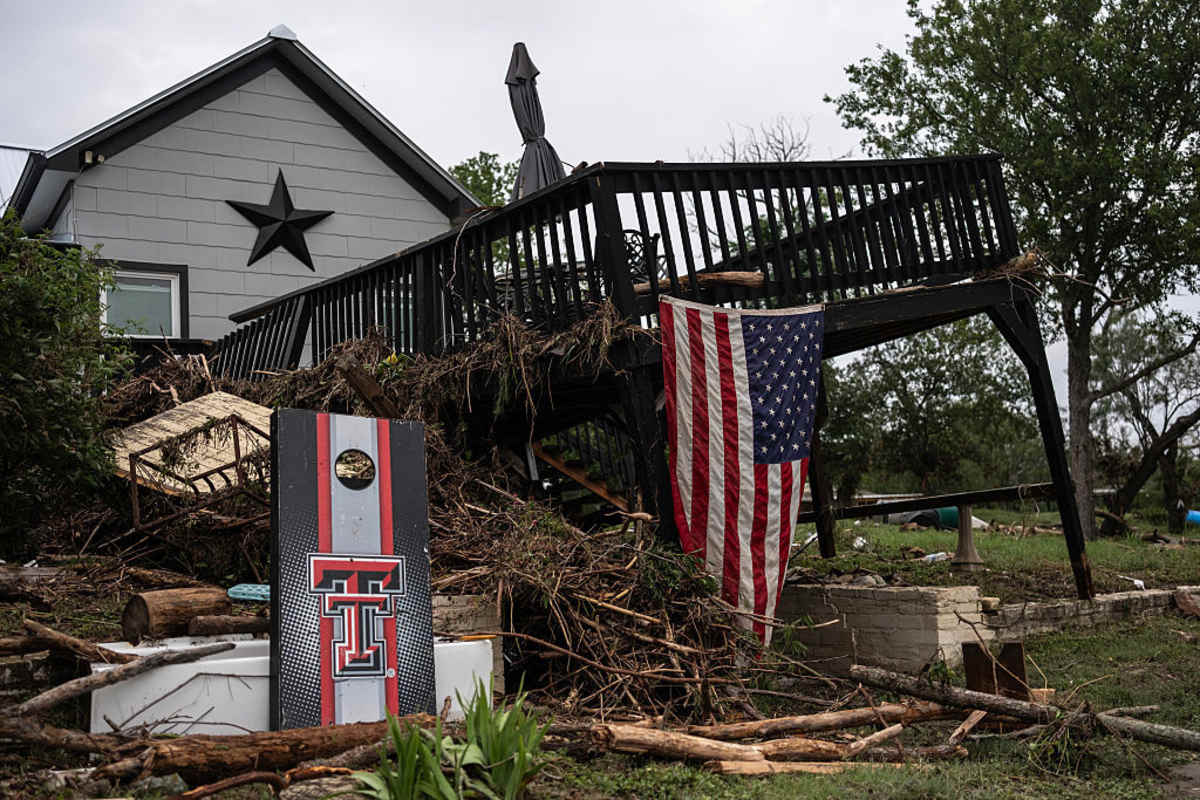
Mobile homes sustained some of the worst damage during the flood. One of the hardest-hit areas was the River’s Edge community in Ingram. There, 27-year-old father Julian Ryan punched through a trailer wall to help his family escape rising water. Though he saved their lives, Ryan died from a severe arm injury before emergency crews could reach him.

The plan also addressed other natural threats, including wildfires, droughts, winter storms, lightning, and earthquakes. Still, flooding took precedence as the most urgent danger facing the county.
One of the report’s most revealing sections appears on page 182, where a chart tracks progress on key flood mitigation efforts. Officials proposed creating a local flood warning system to reduce the impact of future disasters, but marked the initiative as “deferred.”
Another proposal called for building more storm drains to handle heavy rain and runoff. Officials also delayed that effort.
They recommended reviewing whether homes and structures were built too close to known flood zones. For instance, Camp Mystic, where 27 children and counselors died, sits only 500 feet from the river. The county marked that review as “deferred” as well.

